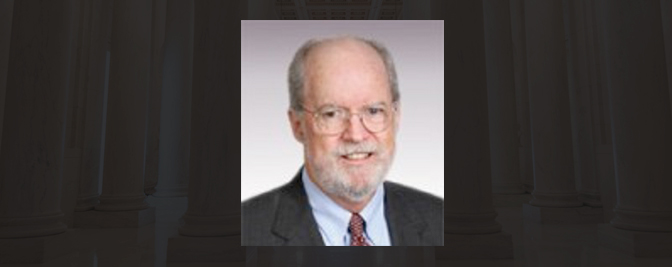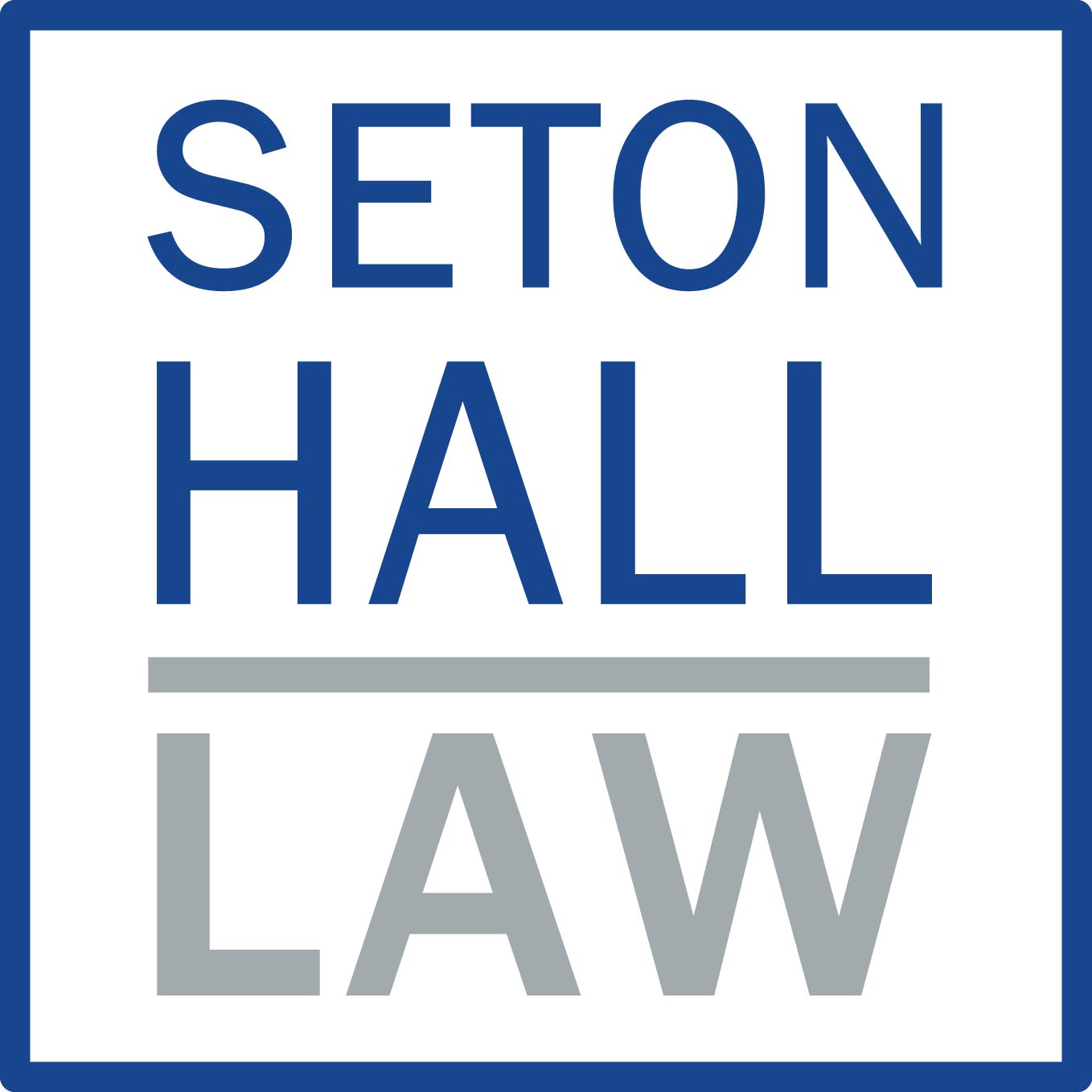
A Career Path Focused on Social Transformation

Terence G. Connor ’67, Special Counsel at Hunton Andrews Kurth LLP in Miami, has played a central role during numerous social transformations throughout the course of his career – the Vietnam War, civil rights, the aftermath for lawyers following the dissolution of the Soviet Union. What allowed him to do so, he says, is the quality education he received at Seton Hall Law.
Terence G. Connor '67, Special Counsel at Hunton Andrews Kurth LLP (Miami)
When he attended Seton Hall Law, it was housed in a dingy building on Clinton Street where even the library was too small to house the school’s full collection of books. But challenging circumstances engendered a vibrant spirit in the class that has remained, says Connor. After receiving his law degree, Connor became a Judge Advocate with the Air Force during the Vietnam War and was stationed in Thailand. There he successfully defended numerous officers, airmen and other military personnel in courts martial and administrative boards, some of them requiring stiff challenges to the command. They included conscientious objectors, protestors and more routine cases.
Word started getting around about his successful defense track record, leading to requests for him as counsel on other bases. After one trial, his opposing counsel, another JAG who had graduated from Columbia, congratulated him and asked him where he went to law school.
“When I said ‘Seton Hall,’ the other officer said he would have bet it was an Ivy League school. It was then that I realized concretely what really good training we received on Clinton Street.” He credits that high-quality education to the professors, two of whom remained lifetime friends, Gerry Carey and Tom Holton, both now sadly gone.
Grateful for how his education allowed him to have an impact in the world and the lives of others, Connor became a strong supporter of the law school. He has given his time – he is former member of the Board of Visitors – and financial gifts, the most recent of which was for a BOV Faculty Scholar Fund. To support the law school, he says, “is like making a good stock investment.” He adds, “Our education was good, but we have all benefitted from the enhancement of the school’s reputation over the years thanks to a succession of good-to-great deans and the high quality of the faculty.” Upon his discharge from the Air Force, Connor joined the United States Department of Justice, Civil Rights Division in Washington as a trial attorney. His primary responsibility was enforcement of the employment provisions of the Civil Rights Act of 1964. At Justice, he developed and litigated numerous desegregation, discrimination and other cases across the country. He cherished his government service and believes it is a high calling worthy of current graduates.
“Nothing is as satisfying as actually serving the people of the United States and ‘supporting and defending the Constitution.’” But it required a great deal of time away from his wife, Julie, and their children. So after eight years, he became in-house Labor Counsel at National Airlines in Miami. He first entered into private practice with Morgan Lewis in 1979, starting its Labor and Employment practice in Miami. Then he joined Hunton where he became a partner and co-headed its Employment practice. He has been named a leader in labor and employment law multiple times including by Chambers & Partners, Marquis Who's Who, Lawdragon’s Guide to the Most Powerful Employment Lawyers, Best Lawyers in American and American Lawyer. He is currently “pretty much retired,” but continues to take on mostly pro bono matters.
Following the dissolution of the Soviet Union, Connor volunteered to teach at law schools in the Czech Republic, Estonia and Hungary as part of a program to bring information about the practice of law in an open economy to areas that had long been denied access to the larger world. He also taught Employment Law at the University of Miami for five semesters. Reflecting on his career, Connor says, “With all that was going on when we finished our formal education, I wanted to be a contributor on the important issues of our time. Seton Hall Law gave me the tools to that. I hope that whatever modest contributions I have been able to make to the law school will enable current students to take on today’s monumental issues with similar confidence.”





